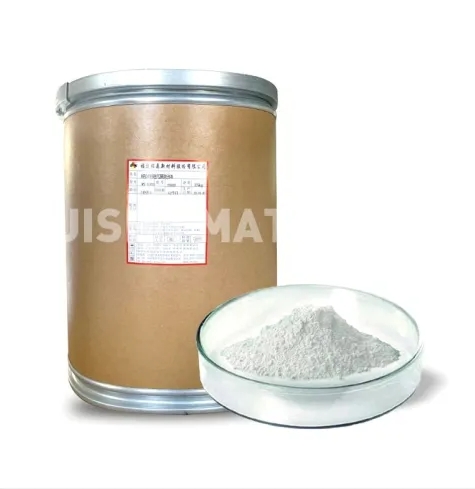What is nano powder used for?
Nano powder, with its unique properties, finds versatile applications across various industries. In response to the question "What is nano powder used for?" nano powder is utilized in fields ranging from medicine to electronics due to its exceptional characteristics at the nanoscale.
Nano powder is employed in medical applications for drug delivery systems, where its high surface area allows for enhanced drug encapsulation and targeted delivery to specific cells. The small particle size enables improved bioavailability, ensuring a more effective and controlled release of pharmaceuticals. This utilization has significant implications for the medical field, offering the potential for more precise and personalized treatments.
In the realm of materials science, nano powder plays a pivotal role in enhancing the mechanical and thermal properties of materials. Incorporating nano-sized particles into composites improves strength, hardness, and conductivity. This is particularly valuable in the development of advanced materials for aerospace and automotive industries, where lightweight and durable components are crucial for performance and efficiency.
The origin of nano powder's widespread use lies in its unique physical and chemical properties at the nanoscale. Unlike bulk materials, nano-sized particles exhibit increased surface area, reactivity, and quantum effects, leading to enhanced mechanical, electrical, and optical characteristics. The synthesis of nano powder involves specialized techniques such as ball milling, sol-gel, and chemical vapor deposition, allowing precise control over particle size and distribution.
One notable application is in the electronics industry, where nano powder is employed in the manufacturing of electronic components. The miniaturization of devices is facilitated by the use of nanomaterials, leading to smaller and more efficient electronic gadgets. This has a direct impact on the development of consumer electronics, making devices more compact, energy-efficient, and powerful.
Furthermore, nano powder finds utility in environmental remediation. Its unique properties make it effective in the removal of contaminants from air and water. Nano-based catalysts can degrade pollutants, offering a sustainable solution for addressing environmental challenges. This application underscores the potential of nanotechnology in creating innovative solutions for pressing global issues.
In conclusion, the use of nano powder extends far beyond a singular industry, with applications ranging from medicine to electronics and environmental remediation. The unique properties of nano-sized particles, stemming from their nanoscale dimensions, make them invaluable for various purposes. As technology continues to advance, the versatile applications of nano powder are likely to expand, contributing to advancements in diverse fields and addressing complex challenges.


